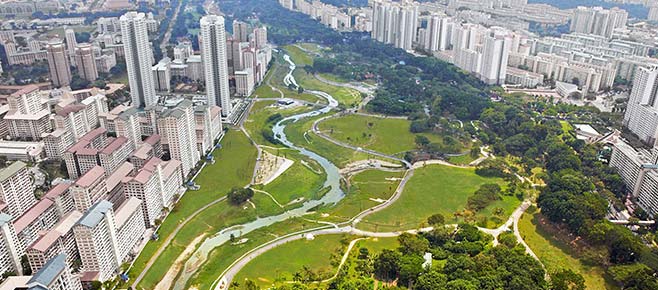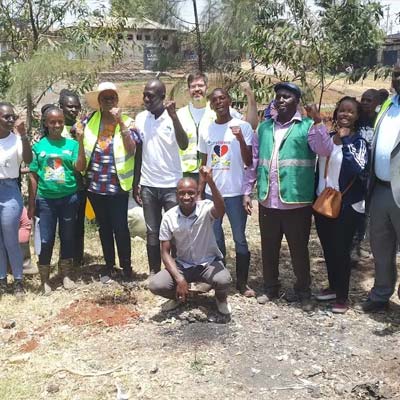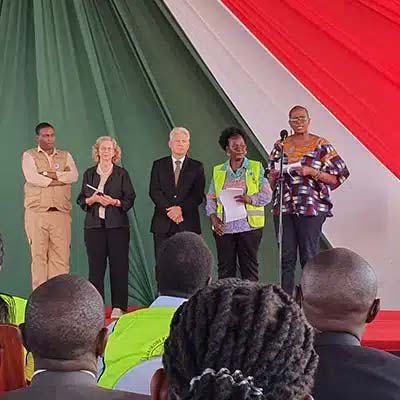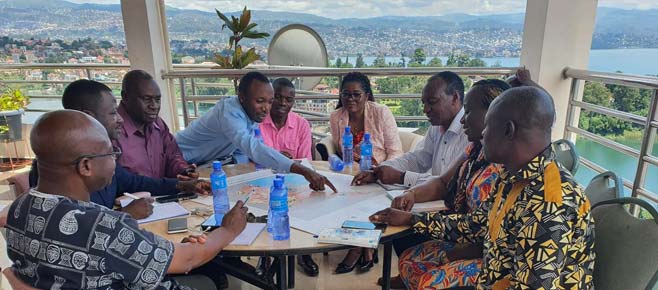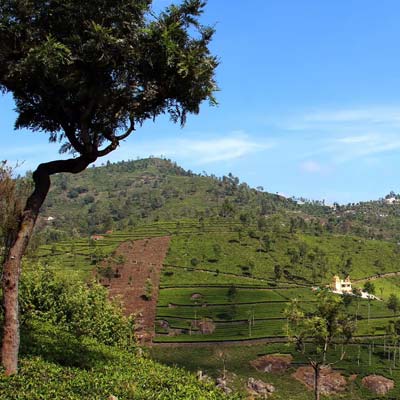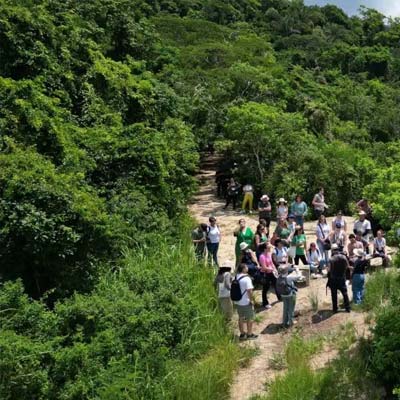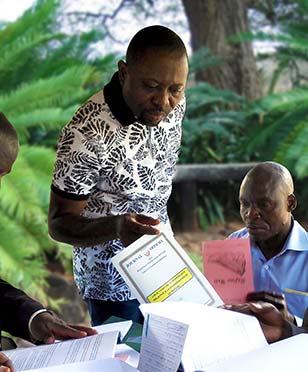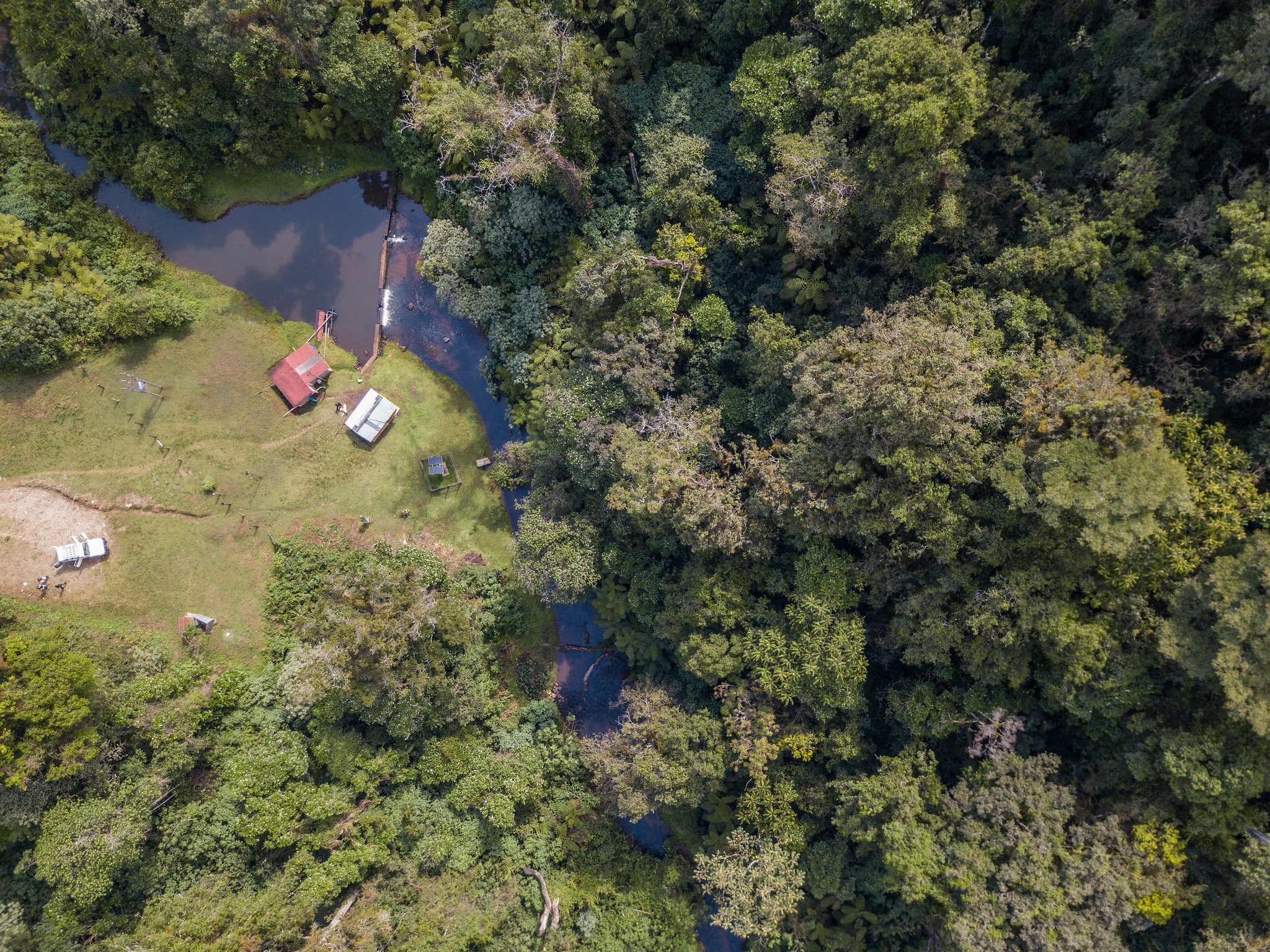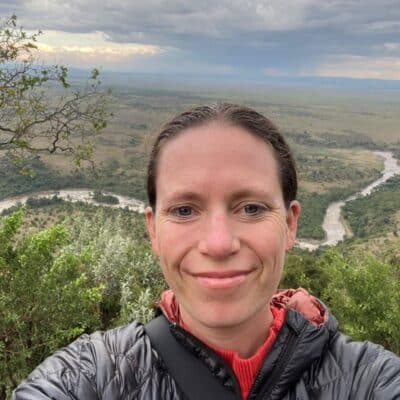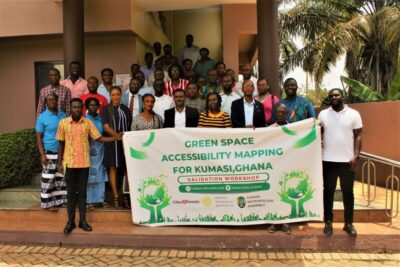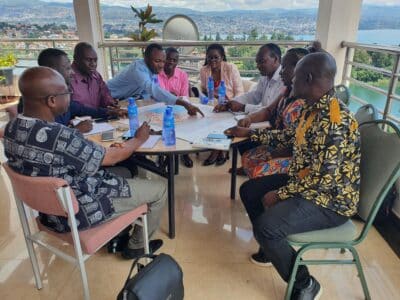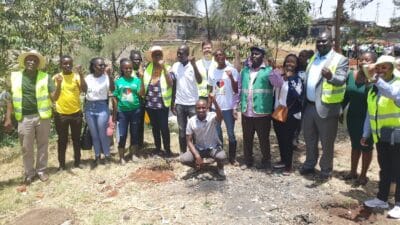Our work on nature-based solutions in Sub-Saharan Africa investigates the trends and status of where, who, and what types of NBS interventions are being implemented for climate and water security. We also explore the strategies that have increased NBS uptake and identify areas that need additional resources and attention.
Opportunity
Historic droughts, flooded cities, and food insecurity affect millions in Sub-Saharan Africa. These climate-related shocks are devastating lives, livelihoods, and economic growth. The region already faces infrastructure challenges in providing water, transportation, and power to its residents. Historically high debt-levels threaten fiscal stability. Ecosystem degradation is also projected to contract the region’s gross domestic product by 9.7% annually by 2030. Estimates suggest that Sub-Saharan Africa needs US$68 to 108 billion yearly in infrastructure investments and US$225 to 354 billion in climate financing by 2030 to address these unprecedented challenges. Nature-based solutions (NBS) fit the bill. NBS as infrastructure can build sustainability into economic recovery, mitigate the growing severity and frequency of natural disasters through adaptation measures, and increase job security. However, more work is needed to scale up its adoption across the region, particularly in preparing, designing, financing, and maintaining projects that can provide solutions at the necessary speed and scale.
Project Description
In late 2022, we inventoried the NBS projects in two multilateral development banks’ investment portfolios in Sub-Saharan Africa. Our study found 85 projects that utilized NBS or combined NBS with gray infrastructure (green-gray). These projects accounted for approximately US$7.9 billion by World Bank and US$4.2 billion by the African Development Bank over a 10-year period. The dataset allows users to track project attributes that can be used to evaluate trends in nature-based solutions funded by multilateral development banks in the region.
We are expanding the study to more countries in Sub-Saharan Africa to establish a first-of-its kind regional project database. The database will highlight where and what types of NBS are gaining traction, who are the leading funders and project developers, and at what level of intervention (local, regional, or national). The forthcoming report will also provide actionable strategies to scale up NBS adoption across the region.
